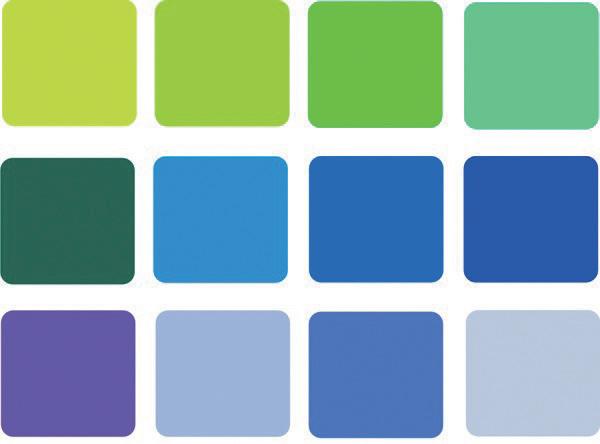
1 minute read
Secondary Color
(4) Complementary Color
One primary color and a secondary color mixed by two other primary colors are called complementary colors, which can also be understood as any two colors that are mixed in proper proportions to produce white or gray. Each set of complementary colors is a contrast of light and dark, cool and warm, such as orange and blue, green and red, purple and yellow. The above method classifies complex colors in a more easily understood way according to their hues. All hues have different lightness and saturation, among which the primary color is of the highest lightness and saturation, then secondary color, and last tertiary color.
On the color wheel, complementary colors are the relative colors that are 180° apart.
3.2 Basic Color System
People tend to appreciate colors with subjective feelings. All sorts of colors people’s mind to arouse various senses and association.
In chromatics, colors can be classified into warm, cool and neutral color system.
(1) Warm Color System
Represented by red, orange and yellow, it reminds people of the flame and the can stimulate people’s vision in different degrees and exert influences on
sun, creating a sense of intimacy and warmth.
(2) Cool Color System
Represented by blue, green and purple, it reminds people of sea water and forest, which makes people feel cool or cold.




